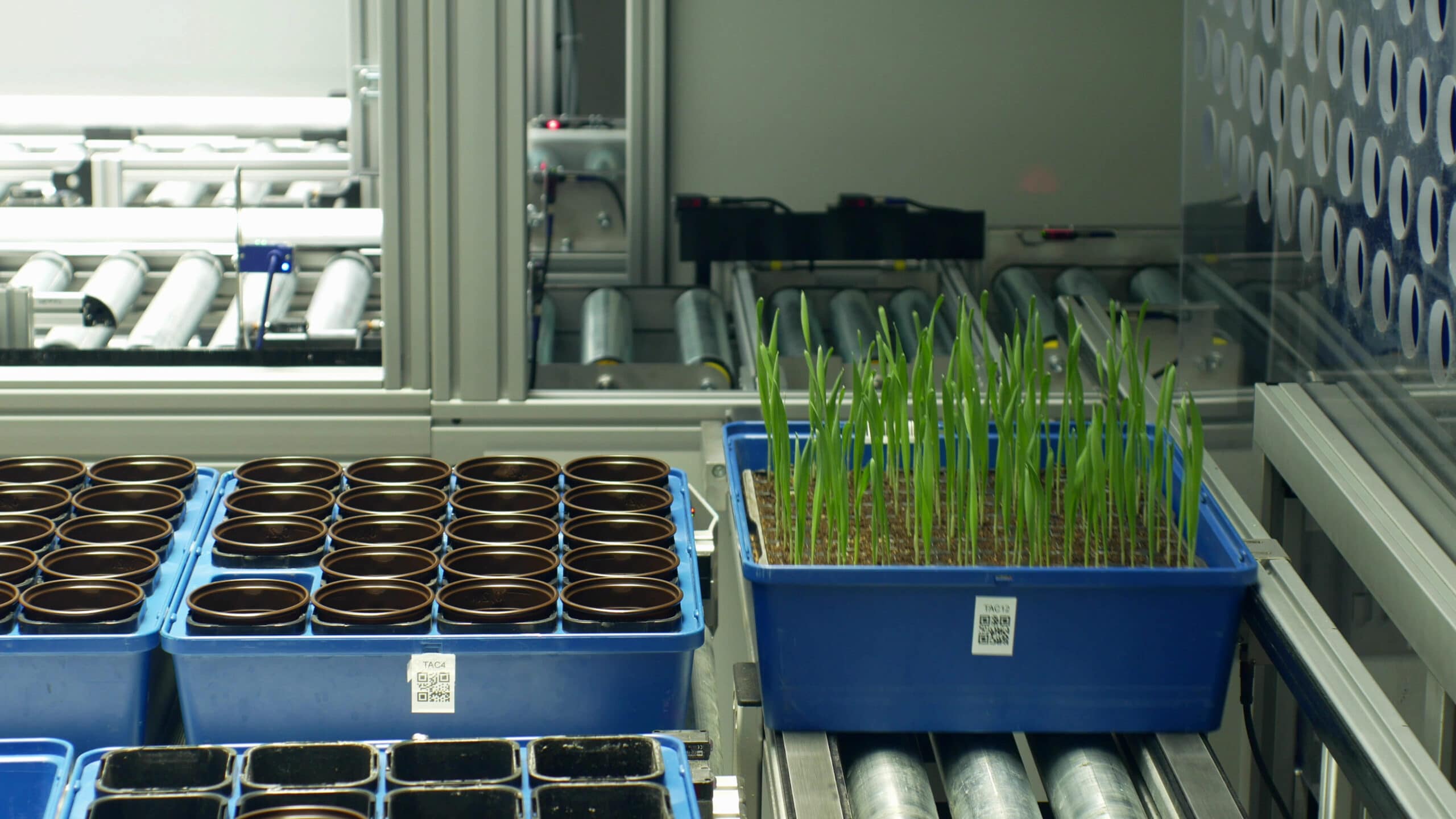This PART project to develop expertise, technology transfer and knowledge is part of this approach. We aim to develop a non-destructive plant phenotyping method based on Raman spectroscopy. The aim is to characterize the metabolites produced by the plant under abiotic stress, applicable to the production of high-value-added molecules. The work is based on the hypothesis that Raman spectroscopy can directly detect the metabolites produced by plants during the production of therapeutic proteins under stress, enabling production to be optimized by intervening before stress becomes visible using conventional destructive methods.
The overall aim of the project is to develop a non-destructive plant phenotyping method based on the use of Raman spectroscopy. More specifically: the method should make it possible to eliminate the risks of introducing biases into the plant’s growth, stress and test conditions; to monitor the molecule without and under the effect of stress; direct, real-time detection of molecules in growing plants; monitoring of proteins of interest that will be used in biomedical applications (production of therapeutic, recreational and vaccine molecules); characterization of plant constituents by vibrational spectroscopy and quantification of the constituent without causing damage to the plant.
The project will enhance our expertise in the development of methods and tools:
1) accurate, rapid, low-cost response detection in the agricultural, agrophotonic, pharmaceutical and biomedical sectors;
2) control plant stress in vivo to increase production;
3) to characterize metabolites produced by plants during abiotic stress or during the production of high-value-added molecules;
4) In terms of teaching, it will enable the training of a trainee and students in the Natural Science, Technologies and Physical Engineering programs, with the active participation of a female teacher.



